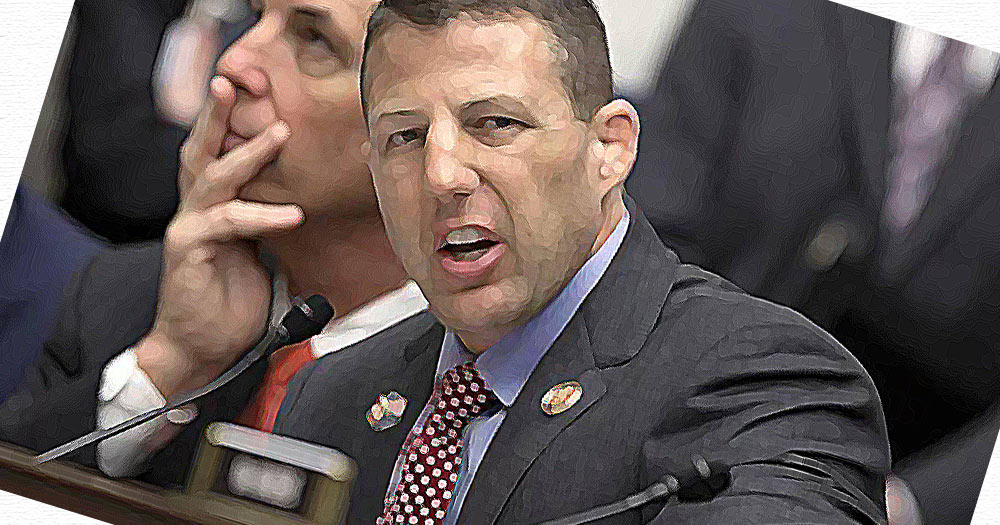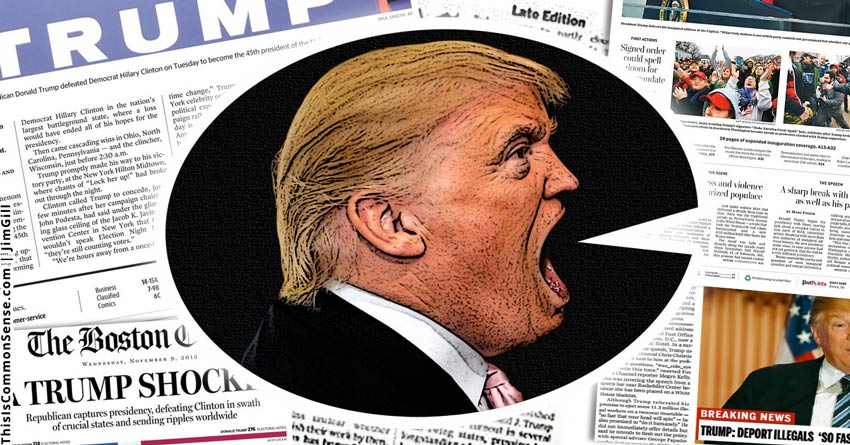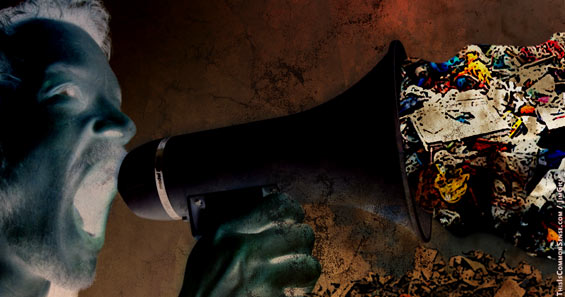Hillary Clinton: always wrong.
Oh, I’m sure that when she tells the maid “We need milk,” she’s accurate enough. Otherwise — forget it.
Her latest howlers pertain to the movement to convene a Convention of States. If two thirds of the states call for the convention, it “will be” convened, per the U.S. Constitution. If 38 states approve a convention-proposed amendment, it will be added to the Constitution.
Different pro-convention groups support different amendments, on everything from a balanced budget to spending limits to term limits. U.S. Term Limits is promoting a Term Limits Convention to propose an amendment for congressional term limits.
A great idea.
Clinton, though, sees calamity: “The right wing, aided and funded by the Mercers, Koch brothers, etc. [sic], is very serious about calling a constitutional convention,” she warned recently.
“Part of their gerrymandering is to control state legislatures, elect Republican governors, and to call a constitutional convention [no, a convention of states] and,” the author of What Happened elaborates, “if you really get deep into what they are advocating, limits on the First Amendment, no limits on the Second Amendment, limits on criminal justice … [A] very insidious right-wing agenda.”
Gee, the old multiple-fallacies-and-vague-ominous-assertions-per-second trick!
First, how to “gerrymander” statewide gubernatorial elections?
Or “gerrymander” the enthusiasm of millions for restraints on government?
Or apply the districting concept to the Founders’ constitutional provision for end-running Congress?
As for the political issues she blunderingly raises, Clinton seems to regard any political disagreement whatever with herself as proof of billionaire-funded “right-wing conspiracy.”
Well, left-wing conspirators always say such things.
This is Common Sense. I’m Paul Jacob.











